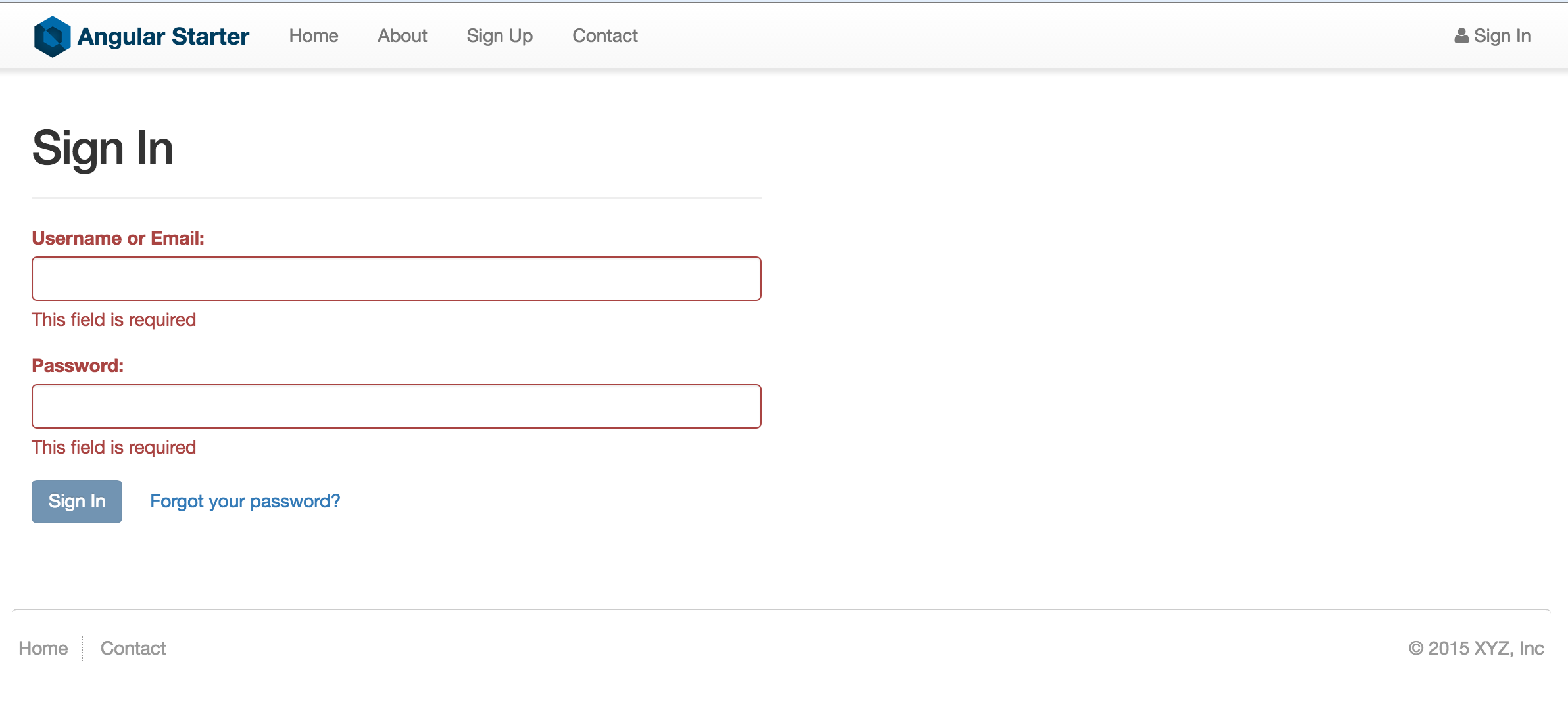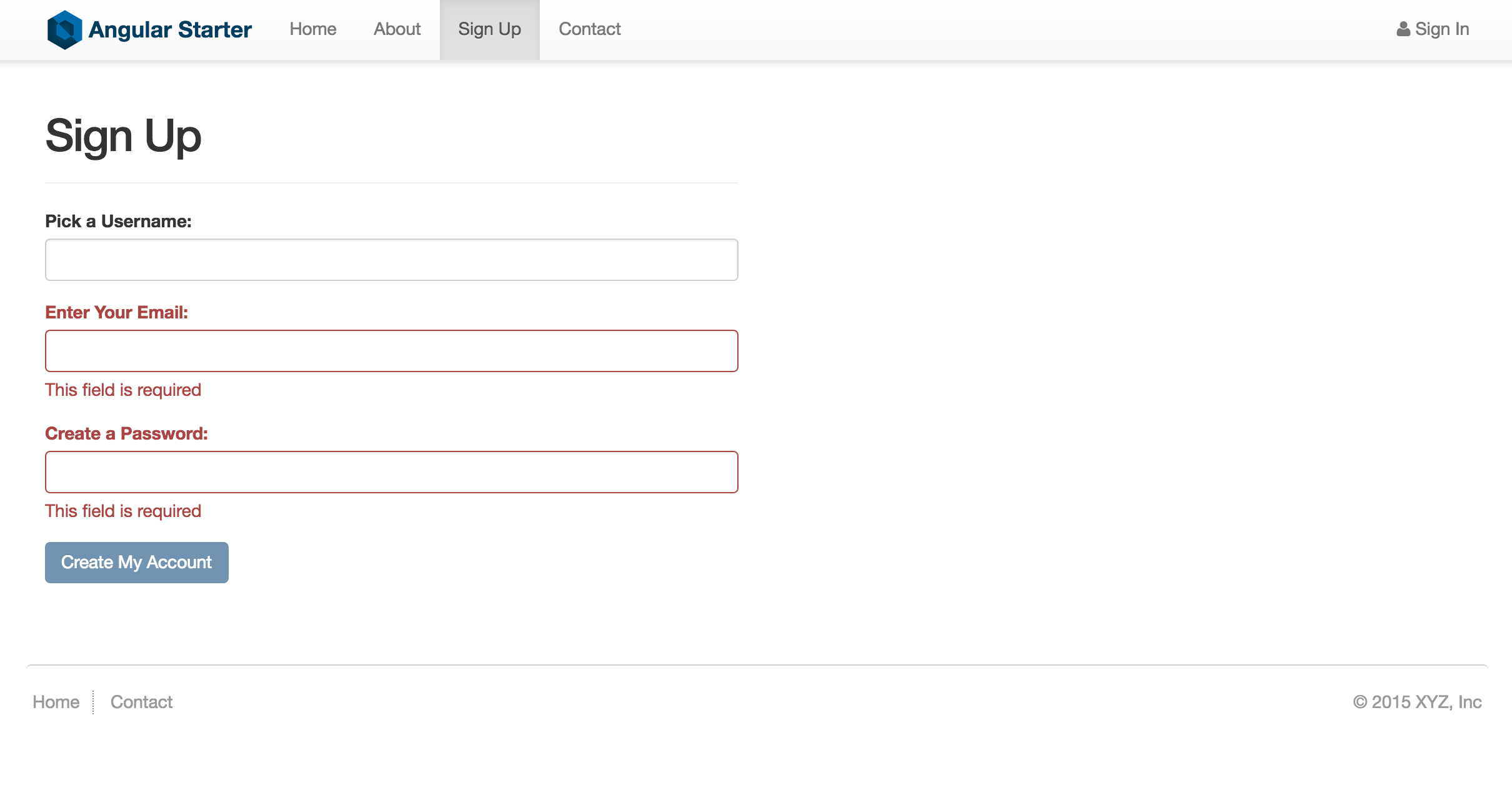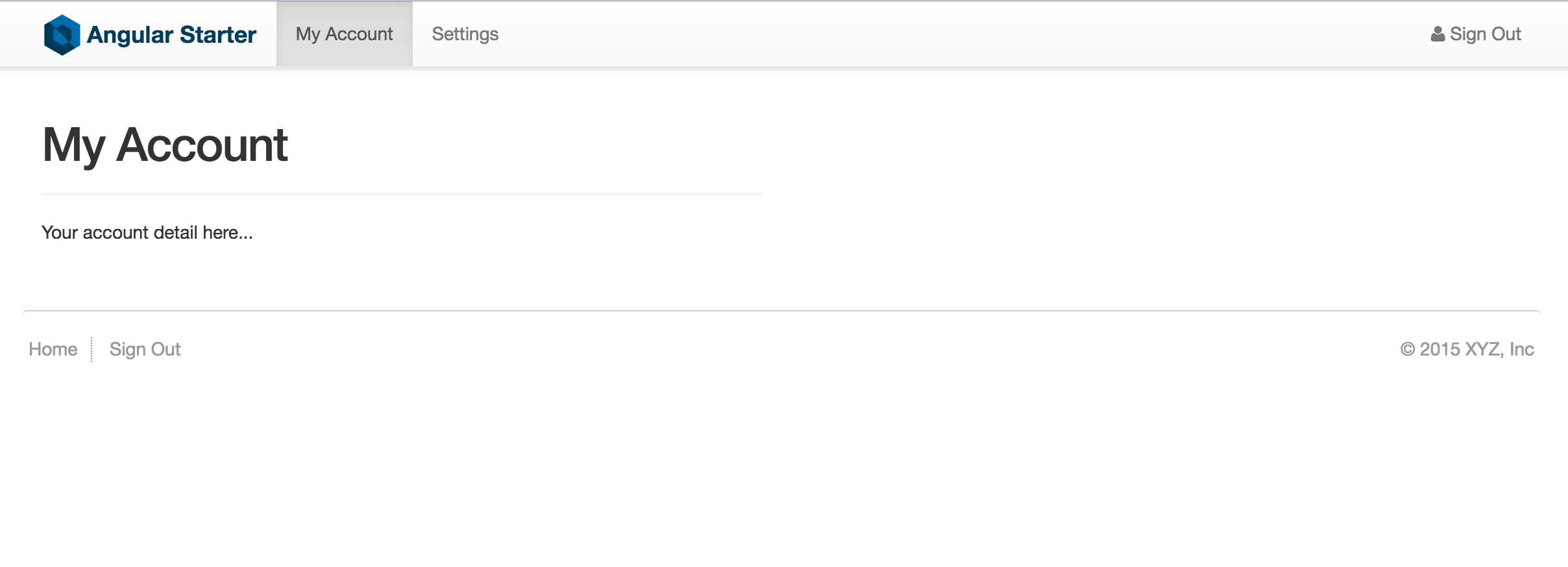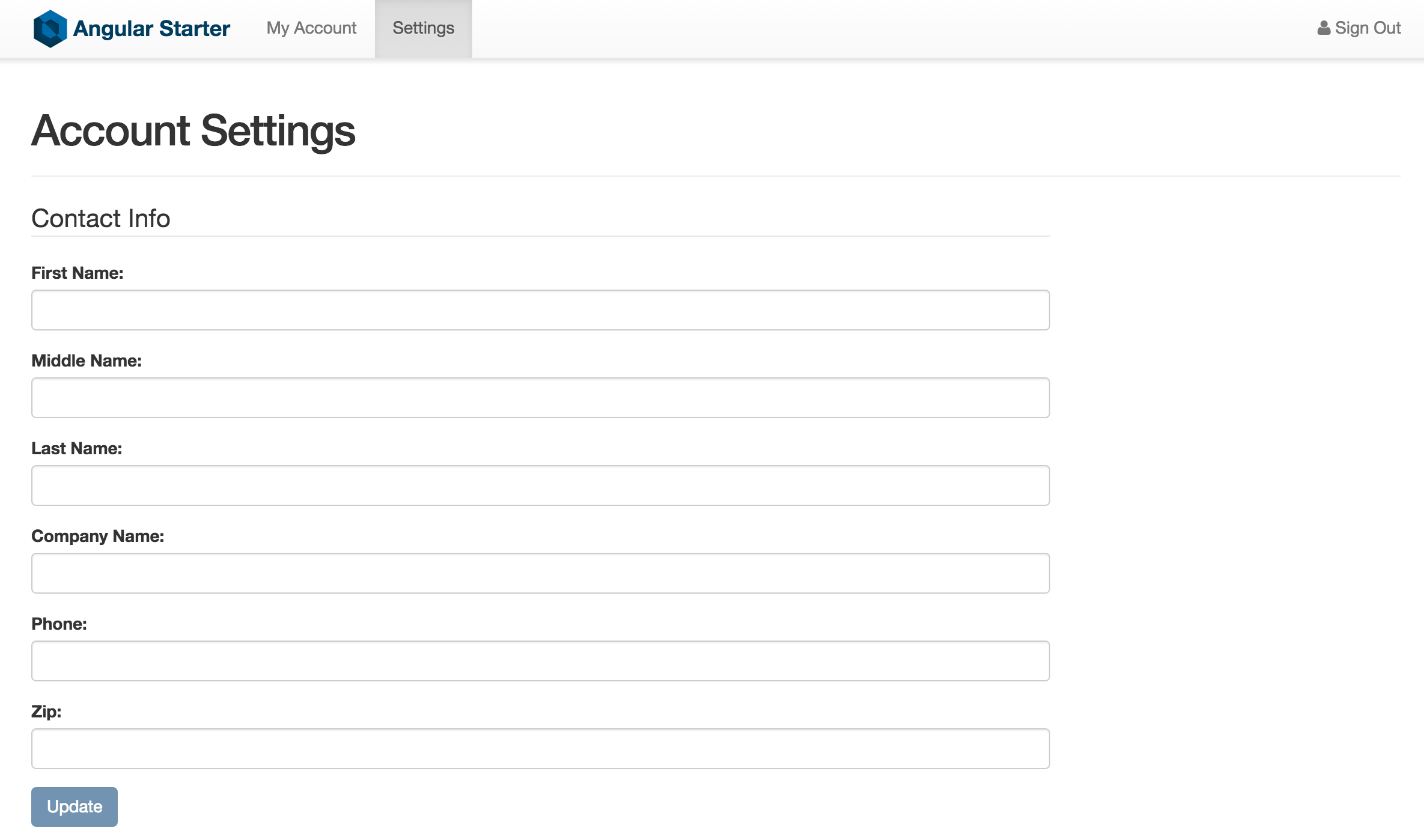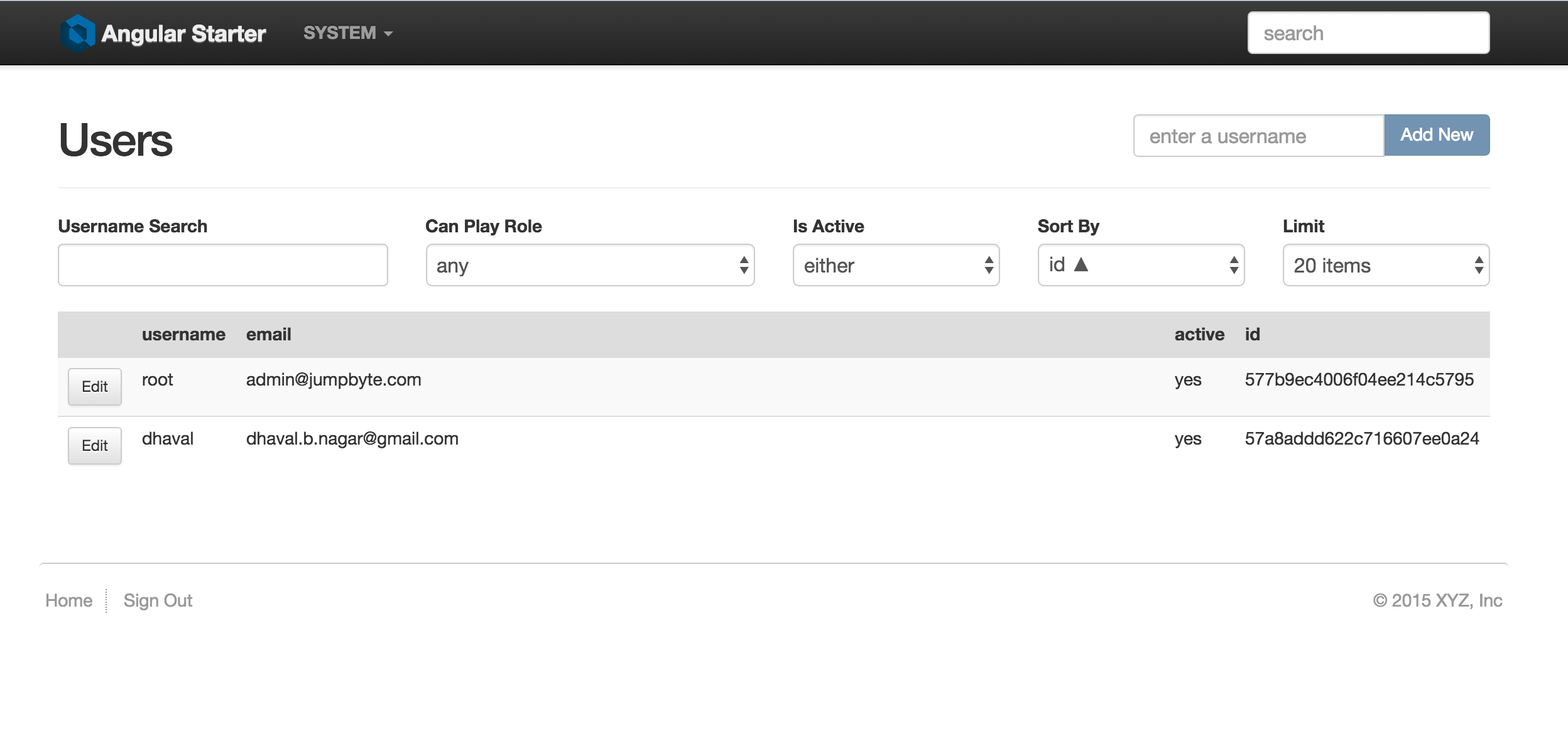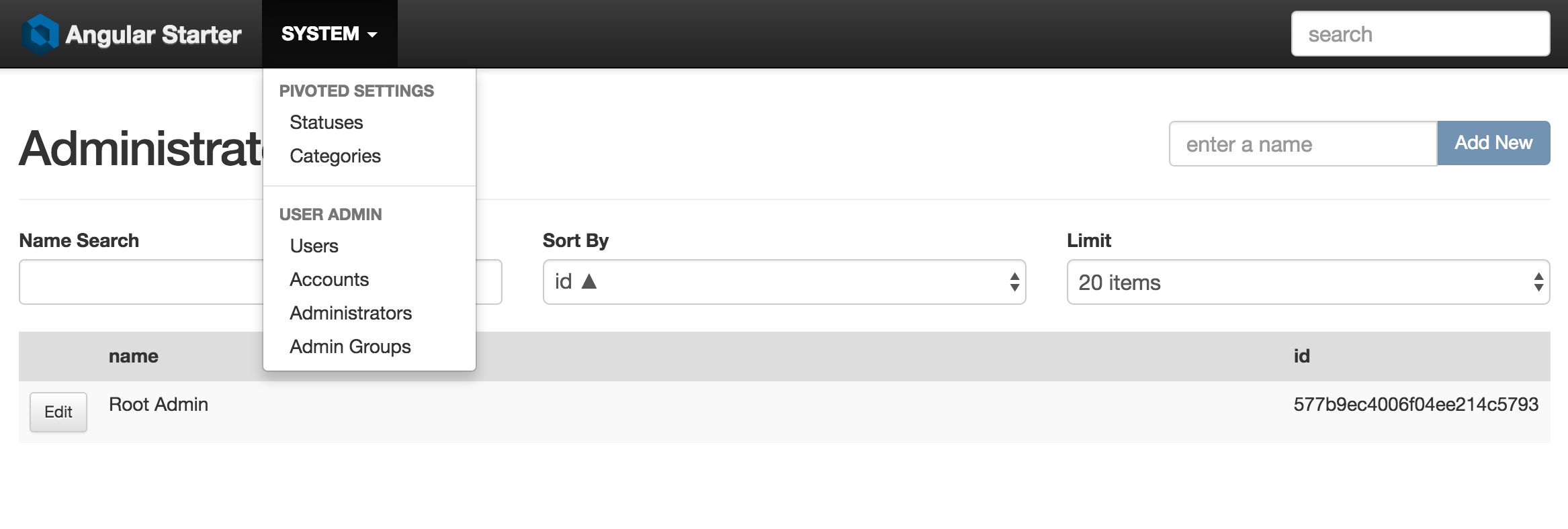A website and user system, implemented with MongoDB, Express, AngularJS and Node.js, a.k.a MEAN stack. Inspired by and forked from Drywall.
- Versatility because you can
- Use only the client as a non-trivial AngularJS project starter, or
- Use only the sever as a pure User Management JSON API server.
- Stand alone RESTful API service capable of serving any http clients, including iOS and Android app.
- Social Login enabled currently for Facebook and Google.
- Fully functional user life cycle management.
- Admin panel provides full CRUD UI on all database entity.
Backend is pure Node.js RESTful API Server that renders no html pages . Front-end is built with AngularJS, Bootstrap and SASS. Grunt manages various development, testing and production build tasks.
| On The Server | On The Client | Development |
|---|---|---|
| Express | AngularJS | Grunt |
| Mongo/Mongoose | Bootstrap | Npm |
| Passport | SASS | Bower |
| EmailJS | Font-Awesome | Karma |
| Moment.js |
Have these packages installed and running on your system.
This has been tested on Node v4.4.5 and onwards
$ git clone https://github.com/jumpbytehq/angular-express-starter.git && cd ./angular-express-starter
$ npm install
$ cd client && bower install && cd ..Setup basic website and necessary database configurations.
$ node init.jsAlternatively, modify config.example.js and initialize database manually. Not recommended.
$ cp ./config.example.js ./config.js
$ vi config.js #set mongodb and email credentials
$ mongo # use mongo shell to insert required documents. Refer to ./init.js for the list of docs$ grunt
# > grunt
# Running "clean:src" (clean) task
# ...
# Running "concurrent:dev" (concurrent) task
# Running "watch" task
# Running "nodemon:dev" (nodemon) task
# Waiting...
# [nodemon] v1.2.1
# [nodemon] to restart at any time, enter `rs`
# [nodemon] watching: *.*
# [nodemon] starting `node app.js`Now Angular-Express-Starter should be up and running at http://localhost:3000.
Contributions are welcome.
MIT

